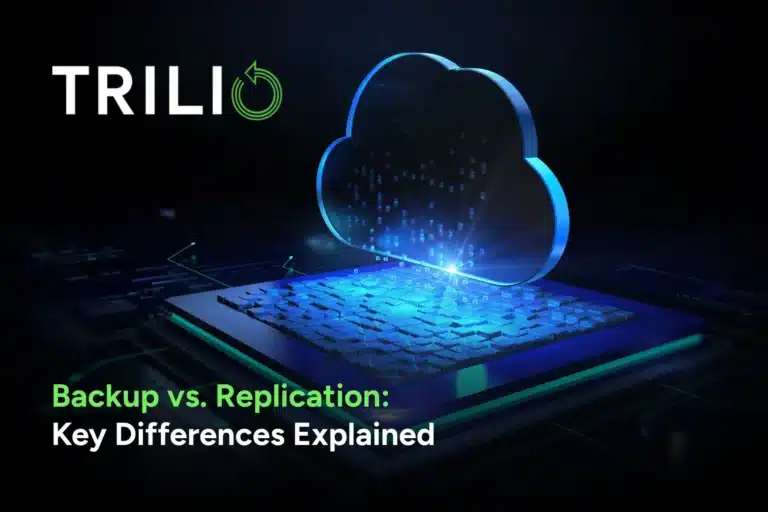The large-scale migration of various technology solutions to an as-a-service model provides organizations with many residual benefits, including reduced costs, scalability, and flexibility. These cloud-based services have redefined IT due to their ability to boost a company’s productivity and efficiency, but they can eventually hold a business back due to restrictive licensing models that are intentionally designed to create vendor lock-in.
This approach to licensing can restrict vendor options to the degree that it can reduce a company’s agility. To get the most out of cloud-delivered solutions and other elements of digital transformation, businesses need the flexibility to change technology direction when necessary.
The Problem of Vendor Lock-in
Some chief information officers and other network-minded professionals have expressed a reluctance to go all-in on the cloud. Their most frequent bone of contention is the challenge of information security in the cloud.
Many of them counter that the cloud provides enterprise-level data security. The real problem with the cloud for business is how vendor lock-in cripples an organization’s ability to grow and adapt.
Vendor lock-in is worsening due to the growth of hybrid cloud technologies, as each new platform requires specialized vendors and relationships. If a company gets locked in, the resulting inflexibility reduces a company’s ability to negotiate ideal terms and potentially leaves a business with unreliability due to poor service.
This can be the result of a vendor requiring specific configurations that might not be compatible with other providers. Therefore, backing up and migrating to a temporary vendor in an emergency is not an option.
Sometimes, a business doesn’t even know it’s locked in until a new service is considered. The cloud is evolving quickly, and lock-in may not even be intentional. Some companies are taking note of customers’ needs for flexibility, while others are using it to their advantage.
Avoiding Lock-in Issues
How can a business overcome these concerns? The short answer is to avoid entering agreements that lock you in. But the actual solution can get much more complicated.
Contractual obligations to remain with a certain company or use a particular platform or service can be challenging to negotiate away. So, it’s crucial to remove the language before a deal is struck.
The best way to avoid a contractual lock-in is to negotiate not only how you and the vendor begin your relationship, but how you end it as well. If the vendor believes in its ability to provide the best service, then it should not fear leaving the exit door open.
Beyond negotiating terms, be mindful of the terms you agreed upon. Auto-renewal can hit unexpectedly if you do not know when the term is up.
Eliminating Lock-in Due to Technology
Your business may be contractually independent and able to move on to another vendor but still have inflexibility due to a technology lock-in. To avoid this problem, put more thought into how you craft your vendor agreements.
When you are listing all the items on your wish list for a particular service, be careful of over-customization. The resulting tailored solution may be completely useless on another platform or incompatible with other services.
In addition, make sure that you have the compatibility you’ll need before finalizing a vendor relationship. Once you do, connect with a backup vendor for services, such as data storage or backup. For example, TrilioVault stores backup files in an open QCOW2 format that is non-restrictive and does not require an active license to access and utilize.
Open formats, including Linux-based QCOW2, work well with growing cloud services and level the playing field with universal common infrastructure. You’ll never need a license to access and use your own data. The growing trend, however, is not just toward open source, but open standards that ensure interoperability.
By negotiating and planning with knowledge of the risks of lock-in, and with a forward-thinking view of technology needs, lock-in can be minimized.
Trilio provides backup solutions that can be used on any platform. Trilio backs up your entire enterprise to a private cloud or hybrid cloud using native APIs to take point-in-time snapshots incrementally forever. The result is a solution that enables the power of the cloud, without lock-in of any kind.
To learn more about the power of backup services, request a demo of TrilioVault today.



